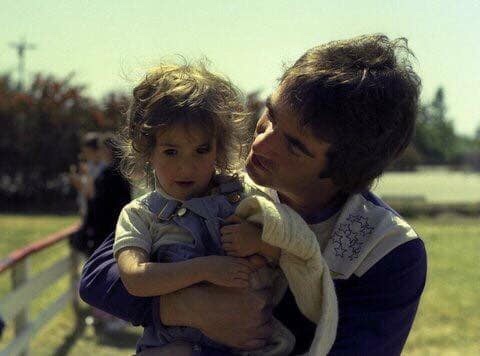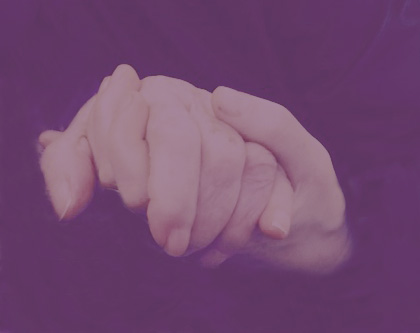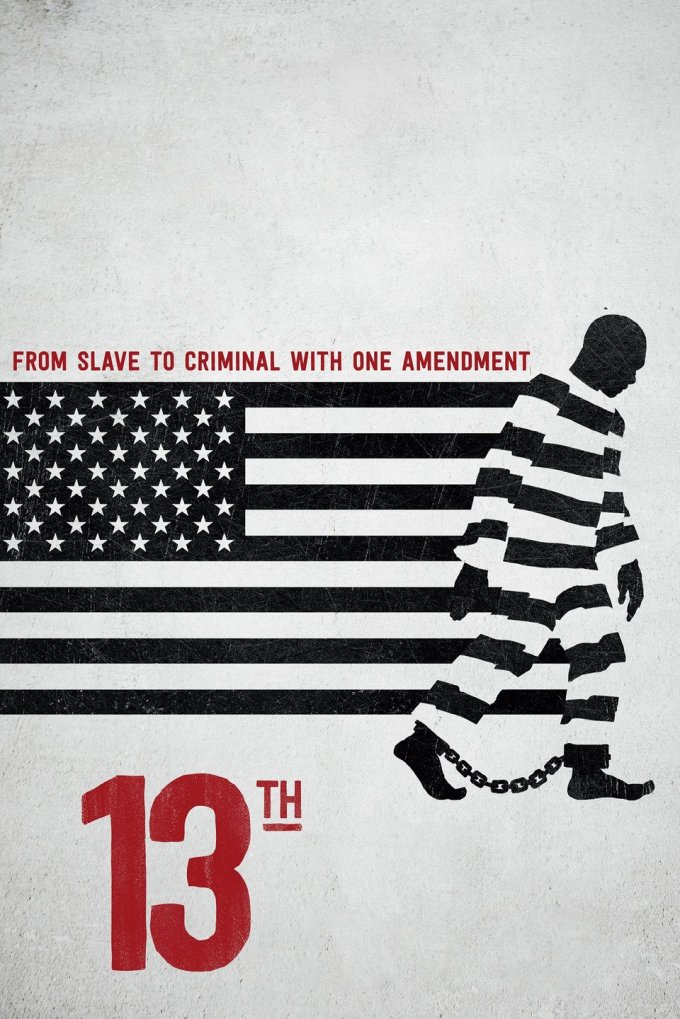
When I found out I was pregnant with my first child, I remember thinking, this is one thing I am going to do 100% and I’m not going to screw it up. In retrospect, it’s clear that I was seeking to be a perfect parent, unlike my own parents who — in typical 70s fashion — completely dropped the ball. As a child I had experienced a bevy of various traumas and almost no supervision as a teenager, so the bar was pretty low. I knew I could do better than that. But perfection? What even is that? I realize now the arrogance and naiveté of my expectations.
From the moment I held my newborn son, I felt a clarity of purpose I’d never felt prior. Whatever confidence that conjured was swiftly diminished and replaced with humility, exhaustion, and feelings of ineptitude — all on top of a baseline of the most profound love I’d ever experienced, but that’s beside the point. I already perceived myself as having failed in numerous ways. Somewhere in the fog of my postpartum recovery and my son’s colic phase, I had a conversation with our pediatrician. He had been my doctor as a teen and knew me quite well. I complained to him that I had no idea what I was doing. What the hell was this? On most days I couldn’t even find time or energy to take a shower. I didn’t understand the color coding of baby poops. I wasn’t sure if I was doing anything right. I asked the doctor if there was a book that tells moms how to mom, because I was just winging it. What followed was the best parenting advice I ever received. He said, “write your own book.” To be clear, he didn’t mean that literally. He meant that I was capable and in charge of how this story would unfold. From that point, I approached my role with much more confidence and authority, but like most things in life, balance was difficult to employ and I tipped a bit too far back into perfectionist mode. That’s right. I’m in charge. I am responsible for everything.
For a while I was able to manage this dance with my self-imposed ideal. As a mother of an infant, I could control most variables. Even after my second son was born and it became explicitly clear I could not make everyone (or sometimes anyone) happy all the time, I still devoted myself whole-heartedly to my parenting mission. And I believe that’s what most of us do. The best we can. Over the years, challenges beyond my control befell our family, a burglary, one son’s battle with chronic health issues, eventually my marriage falling apart, all on top of the normal financial stresses, sibling rivalry, school issues, and extended family dramas. Plagued with fear that my children’s childhoods would descend into chaos as mine had and that I wouldn’t be able to protect them, I transitioned from aspiring to win the Best Mom In the World award to simply trying to survive and mitigate any potential damage. I worried a lot that I was messing up and falling short. It’s hard to gauge much from within the eye of the storm and I mostly plowed through. The goal was to get them to adulthood in better shape than I had been in when I reached 18.
For most of my life, I’ve been on a journey to explore and heal my childhood wounds. A couple years ago, I read a book called Complex PTSD: From Surviving to Thriving, by Pete Walker. As I read about the numerous ways in which my parents had either directly or inadvertently harmed me, I became struck by the reality that I had perpetrated many of these “failures” in parenting my own kids. First triggered by the illumination of my own wounding and then triggered by the prospect that, despite all of my efforts, I had likely similarly wounded my own offspring, I panicked. Relief came by way of an introduction to the concept of “good enough parenting,” which is apparently not a new concept in child psychology circles, it was just the first time I was reading about it. To paraphrase via my own interpretation: We do not have to be perfect parents. Our children will not be irreparably harmed or traumatized if we mess up sometimes; we only need to be a reliable safe harbor and keep honest healthy communication with our children. We can repair tough moments by exhibiting accountability ourselves. In many ways, abandoning the illusion of perfection will set us up for modeling better coping skills. Our kids learn how to express remorse, how to calmly articulate feelings, how to self-regulate…everything, they learn everything from us.
I recently watched the movie The Lost Daughter and without giving spoilers, I can say that as the credits rolled, I was struck by the responsibility we bear as parents to give our children their one and only childhood. I wept processing the permanence of that. My children are now both over the age of 18 and my one chance has been used up for each of them. I remembered the regrettable moments, where I fell short or lost my cool or couldn’t protect them from the wounds of their parents splitting up. These memories play like taunting rebuttals to my now decades old declaration that I would do this parenting thing just right.
The good news is, I was a good enough parent. My adult children are emotionally intelligent and we have wonderful communication and I feel secure that they are equipped to move through the world without the baggage and trauma that I was saddled with. Now that they’re adults, I’ve confessed to the failings I’m aware of and I’ve expressed a willingness to listen if they have grievances. I still seek to be a safe harbor. I’ve also encouraged them to take up the responsibility for re-parenting themselves in the areas in which they think need improvement and learn the things I didn’t teach them. I was responsible for the story of their childhood, but adulthood is their story to write for themselves. And they just need to be “good enough,’ not perfect.






 Last week my dad came to watch my 12 year old son’s basketball game. The opposing team was really aggressive but our team was maintaining a fat lead (around 15 points). I turned to my dad and said, “They just have to keep them from shooting right? Just hold them off to win this thing.” My dad’s gaze shifted from the court straight to me and with exasperation, he exclaimed, “What? No, that’s not how you win. You can’t just play defense!”
Last week my dad came to watch my 12 year old son’s basketball game. The opposing team was really aggressive but our team was maintaining a fat lead (around 15 points). I turned to my dad and said, “They just have to keep them from shooting right? Just hold them off to win this thing.” My dad’s gaze shifted from the court straight to me and with exasperation, he exclaimed, “What? No, that’s not how you win. You can’t just play defense!”
